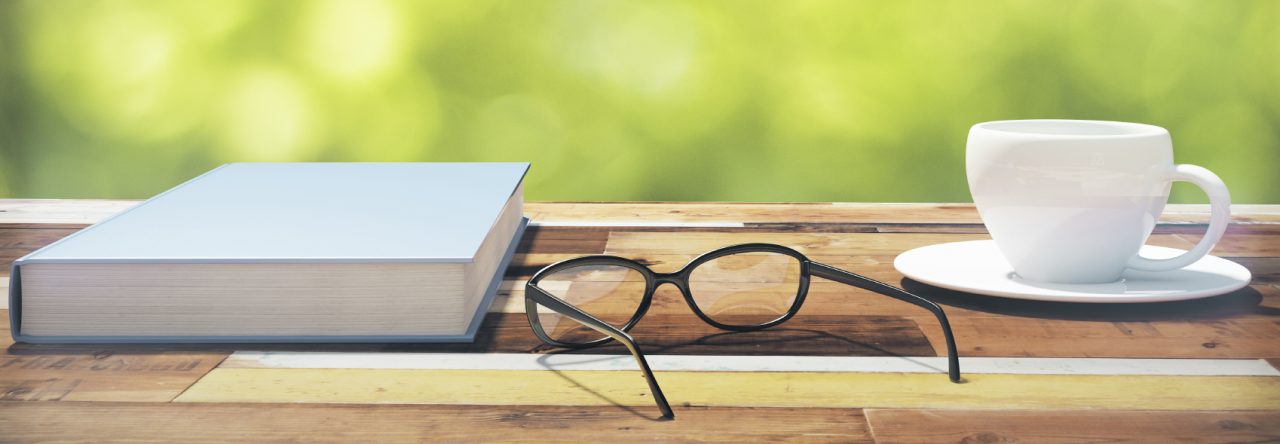Tis’ the season to be thankful, grateful, and to have an attitude of gratitude. Our economy has suffered over the last seven years, to the extent that many have lost their jobs, their homes, and their future security. Yet, we seem to have learned some important lessons from that era. Here are some things we learned not to do during this time:
1. Living on tomorrow’s income
2. Taking equity out of your home
3. Depending upon the stock market to keep going up
4. Trusting others with your money decisions
5. Taking your job for granted
6. Waiting to save for retirement or not saving enough
7. Assuming emergencies happen to everyone else
When the dust finally settled, we were wiser people. One of the strong lessons we learned is to be grateful for what we have – our loved ones, home, job, daily necessities, transportation, and the ability to do what we have to do to make ends meet.
There are two books, I have read that do a good job of focusing us on gratitude. One is “7: An Experimental Mutiny Against Excess” by Jen Hatmaker and the other is “The Happiness Advantage” by Shawn Achor. Both impacted me in a positive way.
The premise of “7” is to encourage you to spend seven months doing with less in seven areas of your life. Jen chose food, clothes, possessions, media, waste, spending, and stress. During each four-week interval, she and her family could only choose seven items to use for the category they were focused on. For example, only seven foods for a month, only seven pieces of clothing for a month, give away seven things every day for a month, eliminate seven forms of media for a month, adopt seven habits for a greener life for a month…and on and on.
One thing that hit home for me as I went through the exercise of identifying extraneous or overindulgent aspects of my life was my access to clean water. Count the number of places you can get clean water at your home. Don’t leave out both faucets in the master bathroom or the water coming into your washing machine, or the spigots outside. Compare that number to those who have no access to clean water. It is very humbling. In fact, it will make you feel guilty about how much we have and take for granted. The point is not to feel guilty, but to feel thankful and to identify ways to use our blessings and privilege to find peace and do good in the world.
The second book, “Happiness Advantage”, suggests that you choose one of five ways of developing or reinforcing habits, which will impact you in a positive way. Here are the five:
- Journaling every day, e.g. positives that occurred or that you influenced.
- Exercising regularly.
- Meditating every day.
- Entering into a gratitude journal three things you are grateful for every day.
- Sending thank you emails on a regular basis – to those who have helped you or positively
The assignment is to choose one, complete it for three weeks so that you develop a new habit, and hopefully continue it. I chose the gratitude journal. I am happy to say that I am continuing that habit. Some examples of things I have listed over the last several weeks are:
- Meaningful work
- Love of family
- Beautiful Sunrises
- Chocolate Chip Cookies
This weekend, in the afterglow of Thanksgiving, I hope that you will pause long enough to be in awe of the good things in your life. Find ways to bring that awe with you through the season and into the New Year.
BRH

